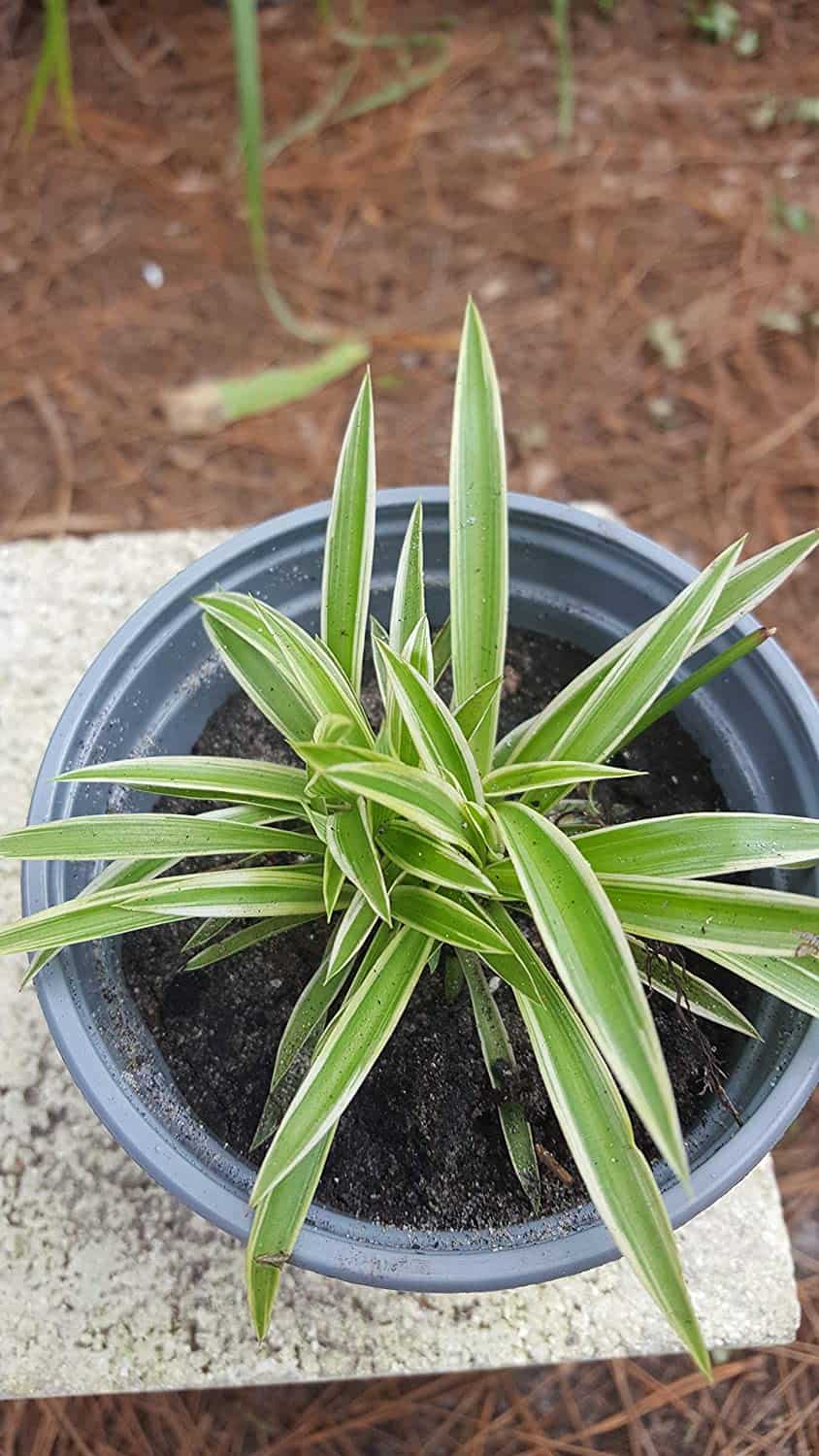
5 Unique Types of Spider Plants Paisley Plants
Increased temperatures in spring and summer trigger faster growth in all spider plants. During this time, weekly watering and bi-weekly fertilizing with a 10-10-10 NPK will be sufficient. Come fall, cut back on watering to every 10-14 days and stop fertilizing until the following spring. 7. Airplane Plant Spider Plant.
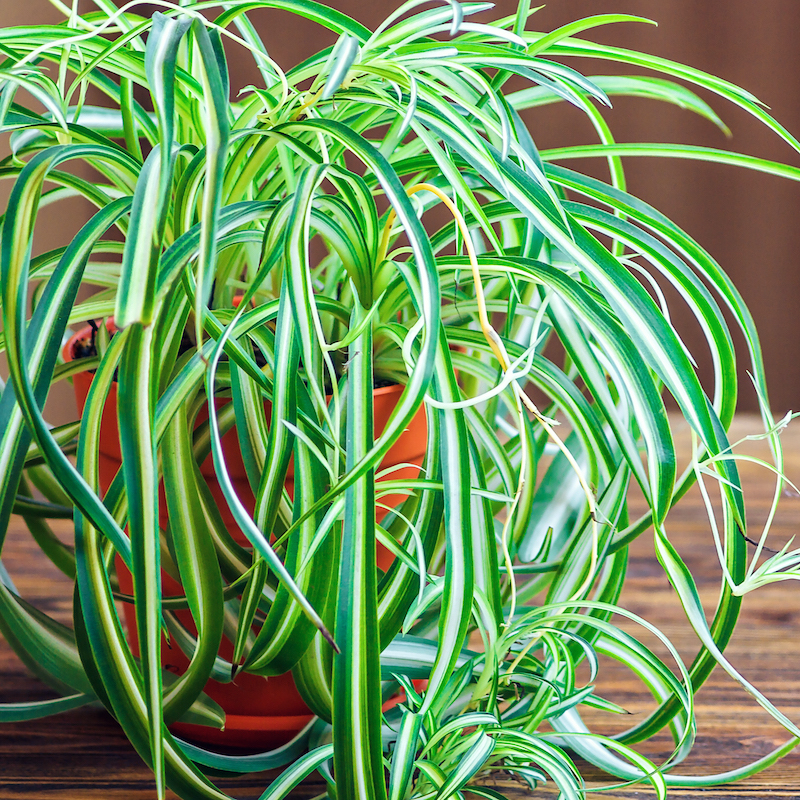
How To Care For Different Spider Plant Varieties Keep House Plants Alive
Learn about the best Types of Spider Plants to spruce up your home and garden! Table of contents. 1. Variegated Spider Plant. 2. Bonnie. 3. Zebra Plant. 4. Airplane Plant. 5. Hawaiian Spider Plant. 6. Variegated Bonnie Spider Plant. 7. Ocean Spider Plant. 8. Fire Flash. 9. Reverse Spider Plant. 10. Green Orange Spider Plant
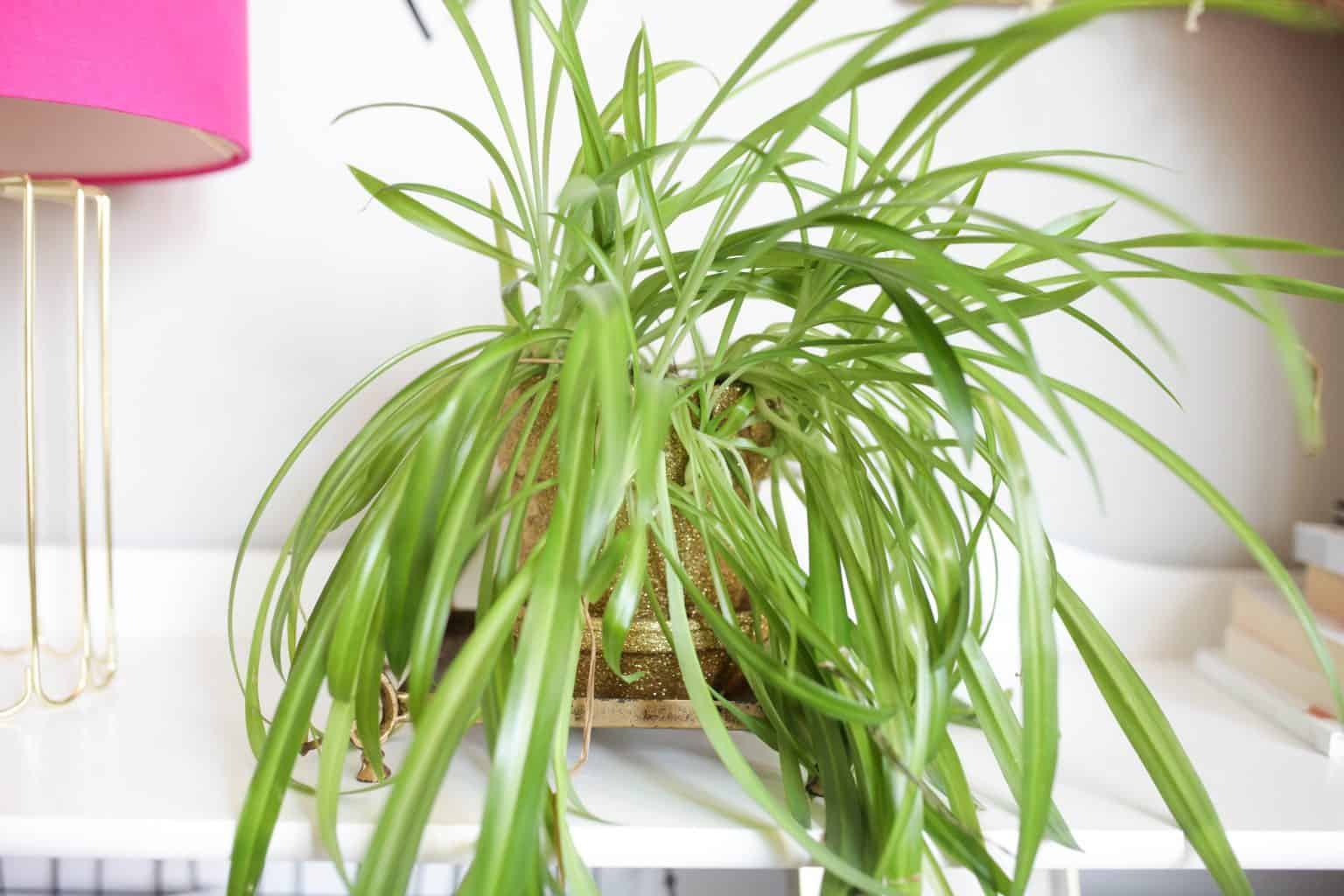
5 Unique Types of Spider Plants Paisley Plants
For example, there are two types of varieties - 'vittatum' and 'variegatum'. Vittatum varieties have leaves with white centers whereas variegatum varieties have leaves with white edges. Let's have a glance at some common varieties of Spider plant (Chlorophytum comosum). 1. Purple Spider Plant. slashmcglasham. 352 followers.

Spider Plants for Sale Free Shipping
The Ocean Spider Plant is a unique cultivar within the Chlorophytum comosum species, known for its distinct foliage. The leaves of the Ocean Spider Plant feature a vibrant green color with irregular creamy white or pale yellow stripes. The markings on the leaves resemble ocean waves or ripples, hence the name 'Ocean.'.
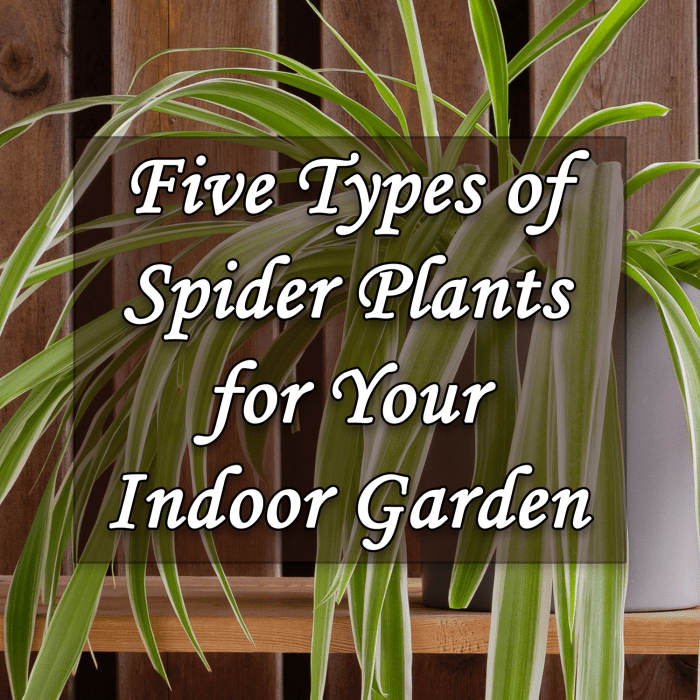
Five Types of Spider Plants for Your Indoor Garden Dengarden
Depending on where you want to place the plant, you might want to choose one spider plant over the other. The different types of spider plants include bonnie, zebra, Hawaiian, capense, bichetii, reverse, and variegated spider plants. These varieties can be categorized into 3 groups: curly, variegated, and non-variegated spider plants.
Rebecca's Texas Garden Spider Plant Propagation
The plant group called " Asparagaceae " or the genus Chlorophytum is where it belongs. Usually, people know it by Spider Plant, Ribbon Plant, Spider Ivy, and Hen and Chickens. 1. Botanical Aspects. The spider plant is an all-time continuously flowering plant. Its long and narrow leaves are bright green in the shade or sometimes variegated.

Spider Plant Indoor Care Plants, Spider plants, Indoor plants
1- Variegated Spider Plant (Chlorophytum Comosum) This is the most traditional and most common type of spider plant. It features larger, wider leaves with creamy and broad vertical stripes. It can reach a length of 1-2 feet (30 cm - 60 cm). The Variegated Spider Plant is also one of the easiest types of spider plants to maintain.
I never used to like spider plants much, but I’ve grown to love them
Types of spider plants. If you're searching for the perfect plant to round out your houseplant collection, get started with these lush spider plant varieties. Bonnie spider plant (Chlorophytum comosum "Bonnie") This variety of spider plants features leaves that curl. It can either be a variegated variety with a white stripe down the.
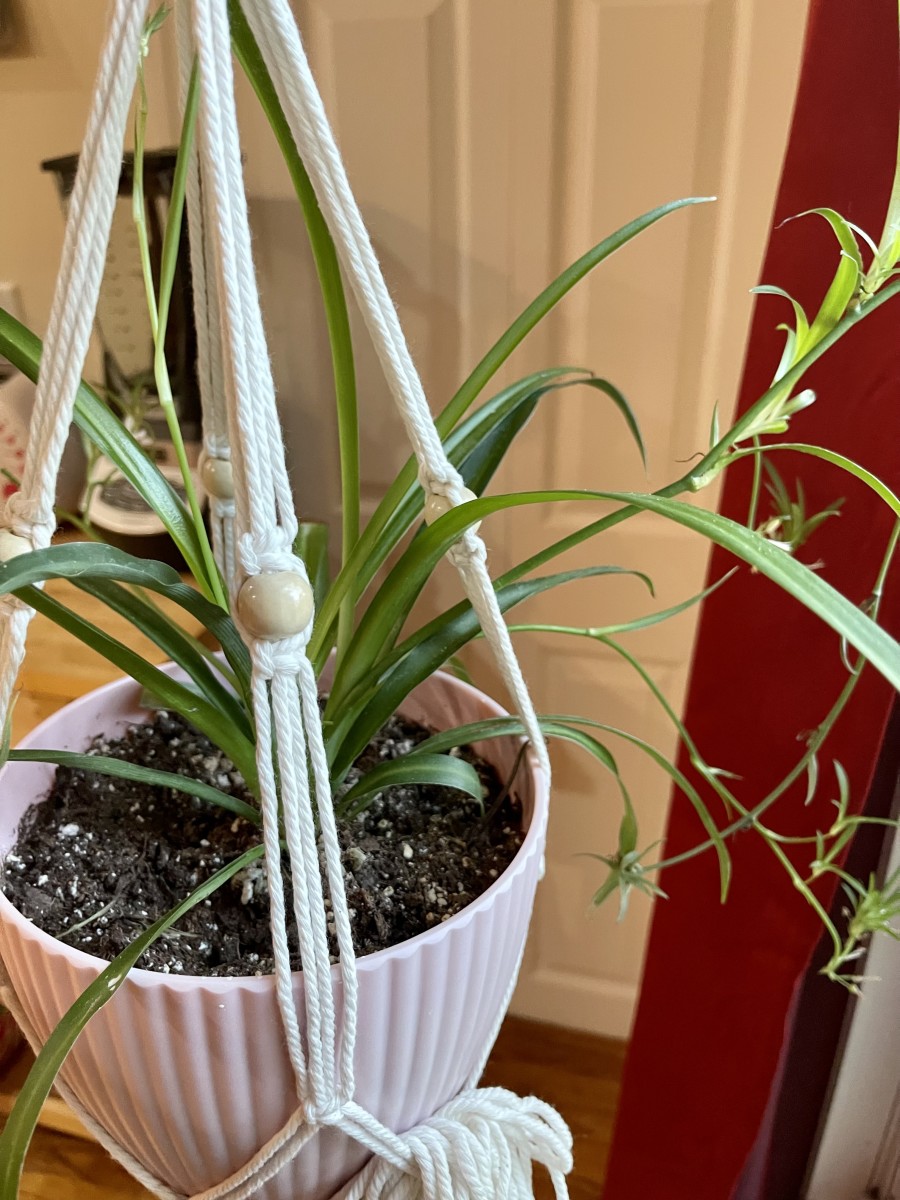
Five Types of Spider Plants for Your Indoor Garden Dengarden
1) Bonnie Curly Spider Plant (Chlorophytum comosum 'Bonnie') The Bonnie is a curly spider plant variety with long, narrow leaves that grow in a waved pattern. This plant is native to southern Africa, but it is a common alternative to the popular variegated Spider Plant worldwide. This Bonnie plant has solid green, slightly wider leaves than.

Pin by Marie Hendrich on Plants Indoor flowers, Plants, Planting flowers
Find the perfect spider plant for your space. Common Types of Spider Plants Variegated Spider Plant. The variegated spider plant, also known as Chlorophytum comosum 'Bonnie,' is a popular variety of spider plant with beautiful, striped leaves. Its foliage features a mix of green and white, creating an eye-catching contrast.
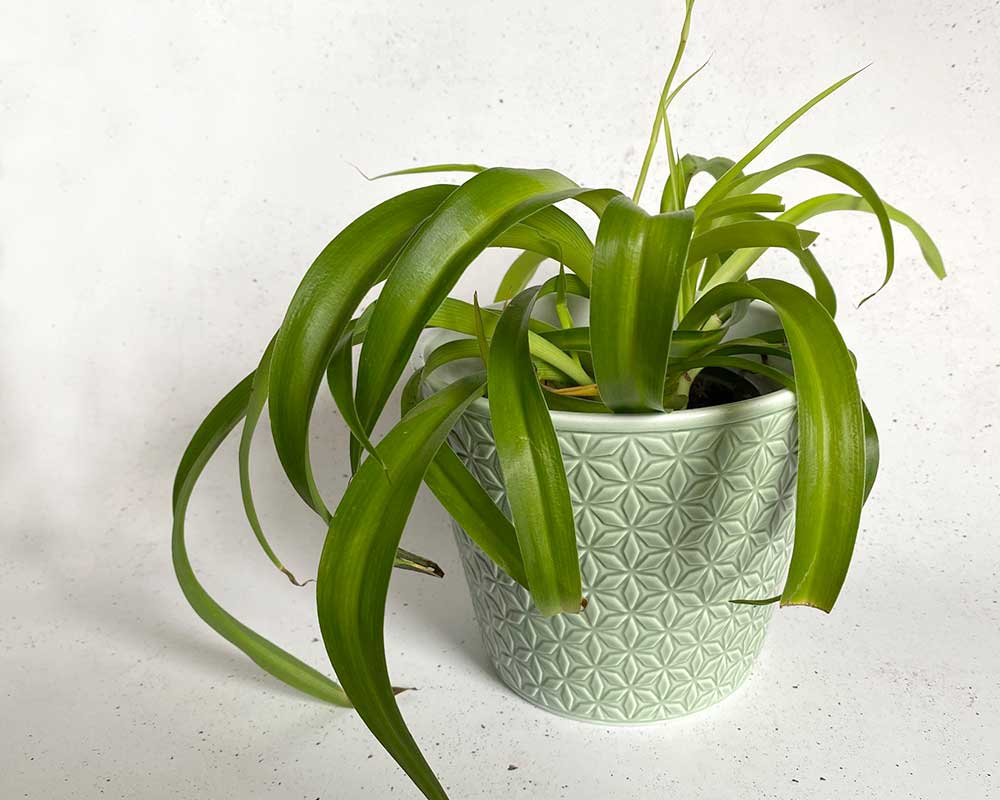
Common Spider Plant Varieties (with pictures) My Little Jungle
The Hawaiian Spider Plant is a unique and eye-catching houseplant with distinctly variegated patterns on its young leaves. It grows 18 to 24 inches tall and spreads 12 to 18 inches wide, making it ideal for brightening up any space. The young leaves of the plant are bright white, cream and light green in color, but as they age, the variegation.
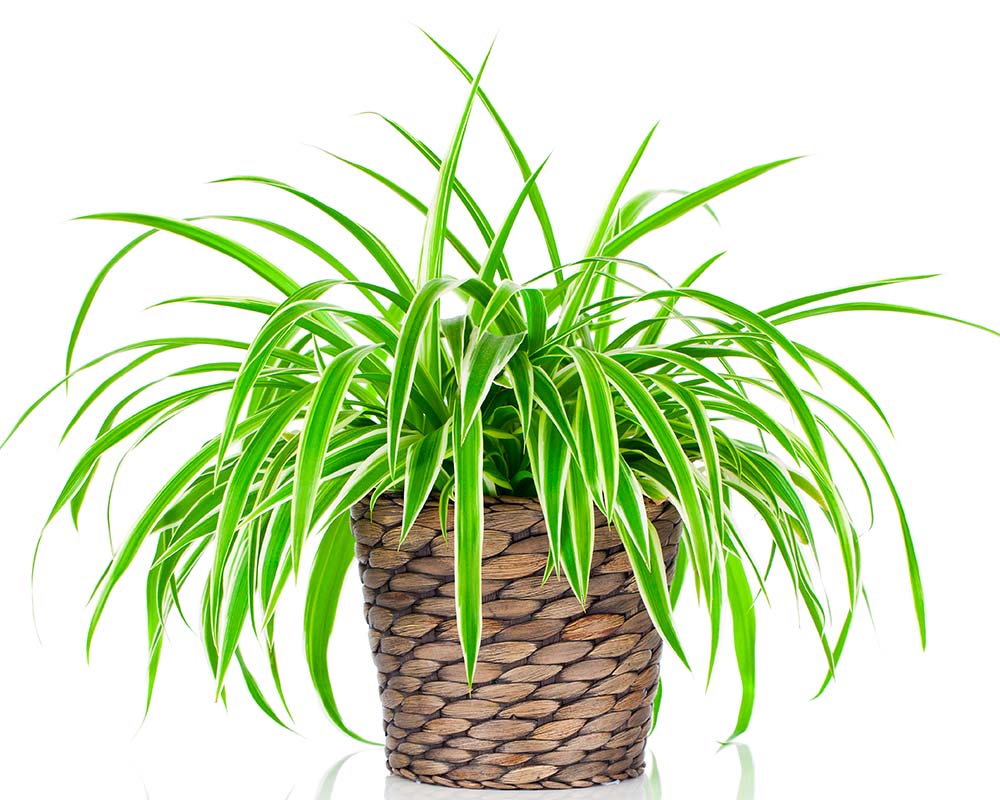
Common Spider Plant Varieties (with pictures) My Little Jungle
The Ocean spider plant is a great choice for people who want a smaller spider plant that will fit into tiny spaces. If you like plants with a tiny, tropical look, this is a fantastic choice for you. The Ocean is a tiny spider plant with yellow borders and a green center, similar to the Variegatum.

Learn About The Care Of Spider Plants
This spider plant is smaller than many other spider plants and bears yellow colored flowers. #6. Orange Spider Plant. The orange spider plant, which has the scientific name chlorophytum Orchidastrum is not really orange, but does have bright orange stems that turns into broad shiny green leaves.
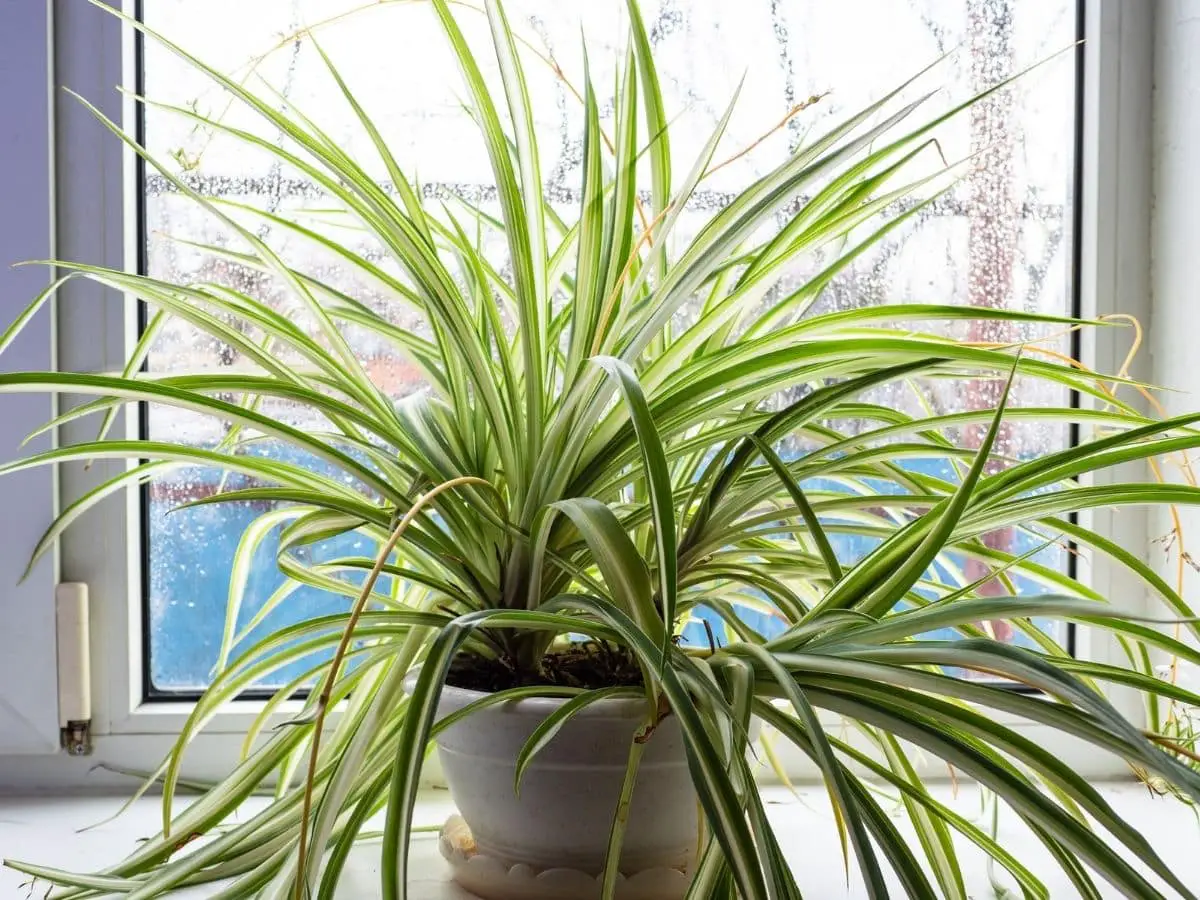
Top 6 Amazing Spider Plant Varieties and Types You Can Grow GrowingVale
Potting and Repotting Spider Plant. Grow spider plants in containers that are no more than 1/3 larger than the root ball. Ensure that the containers have ample drainage holes, and use a loose potting mix. Spider plants will typically need repotting every two to three years.
Found this absolute unit of a spider plant for only 12.99 today! plants
3. Bonnie Spider Plant. One of the most popular types of spider plant varieties by far is the Bonnie spider plant or Chlorophytum comosum 'Bonnie.' Another nickname for this variety is the "curly spider plant," and it only takes one look to see why. The Bonnie's leaves are all twisted!
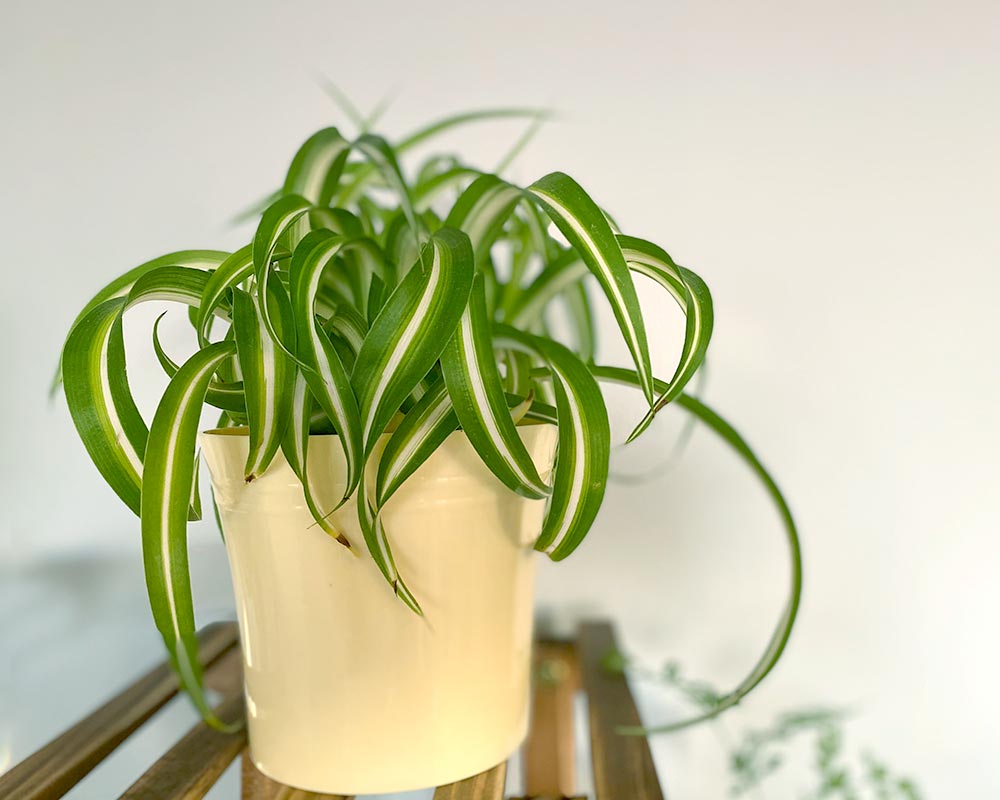
Common Spider Plant Varieties (with pictures) My Little Jungle
5. Reverse Variegatum Spider Plant. The reverse variegatum spider plant is more commonly called the Reverse Spider Plant, however, also note that its scientific name is chlorophytum comosum 'reverse variegatum'. It can reach a height of two feet in addition to a width of three feet when fully mature.